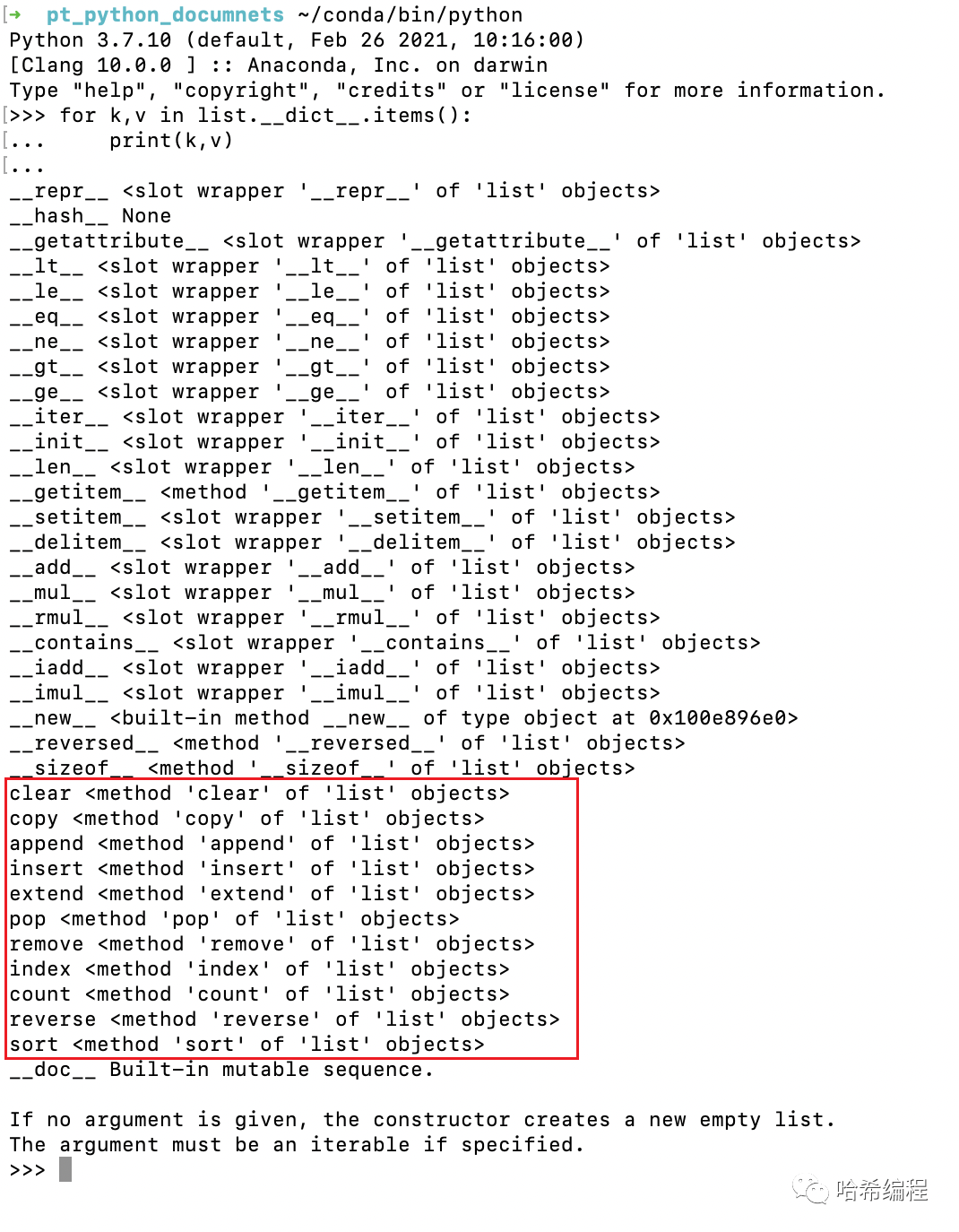分享调用函数的9种方法:getattr, partial, eval, __dict__, globals, exec, attrgetter, methodcaller, 和 __call__。其中一些函数调用方法,在函数式编程或元编程场景中大量使用。相信你在今后的学习或工作中会遇到!

1. 直接调用函数(__call__)
最简单最直接的使用方法:
def func():
print('Hello, world!')
func() # Hello, world!
func.__call__() # 一样的2. partial 函数
在python的内置库functools中有一个partial函数,可以让我们可以把一个函数的一部分参数填入,然后调用。看起来没什么用,遇到的时候有大用。
from functools import partial
# 请仔细品!
def func(domain, user):
echo = f"Hello, {user}@{domain}!"
print(echo)
func_userA = partial(func, user="userA")
func_userB = partial(func, user="userB")
func_userA("example.com") # Hello, userA@example.com!
func_userB("example.com") # Hello, userB@example.com!3. eval 函数
如果需要动态执行函数,可以使用 eval 来执行动态代码。
import sys
def pre_task():
print("running pre_task")
def task():
print("running task")
def post_task():
print("running post_task")
cmdList = ["pre_task()","task()","post_task()"]
for cmd in cmdList:
eval(cmd) # 执行函数
# running pre_task
# running task
# running post_task4. getattr 函数
运行类中的静态方法
import sys
class Task:
@staticmethod
def pre_task():
print("running pre_task")
@staticmethod
def task():
print("running task")
@staticmethod
def post_task():
print("running post_task")
#⚠️ 没有括号的字符串。
cmdList = ["pre_task", "task", "post_task"]
task = Task()
for cmd in cmdList:
func = getattr(task, cmd)
func()5. dict 方法
首先我们需要知道,每个python对象都有一个内置的__dict__()方法,这个方法返回一个字典,包含了对象的所有属性。如下图,我们可以看到list的__dict__()方法返回的所有属性,其中红框内的,你是否有些熟悉?

class Task:
@staticmethod
def pre_task():
print("running pre_task")
@staticmethod
def task():
print("running task")
@staticmethod
def post_task():
print("running post_task")
func = Task.__dict__.get("pre_task")
func.__func__() # running pre_task
func() # 为什么不这样用?6. globals 函数
import sys
def pre_task():
print("running pre_task")
def task():
print("running task")
def post_task():
print("running post_task")
cmdList = ["pre_task", "task", "post_task"]
for cmd in cmdList:
func = globals().get(cmd)
func()
# running pre_task
# running task
# running post_task7. exec 函数
你可以在一个字符串中定义你的函数,并使用compile函数将它编译成字节码,然后使用exec来执行它。
# 方式1
pre_task = """
print("running pre_task")
"""
exec(compile(pre_task, '', 'exec'))
# running pre_task
# 方式2
with open('./source.txt') as f:
source = f.read()
exec(compile(source, 'source.txt', 'exec'))8. attrgetter 函数
在内置库operator中,有一个获取属性的方法,叫做attrgetter,我们可以通过它获取函数后执行。
from operator import attrgetter
class People:
def speak(self, dest):
print("Hello, %s" %dest)
p = People()
caller = attrgetter("speak")
caller(p)("Tony") # Hello, Tony
# 本文第四条
caller2 = getattr(p, "speak")
caller2("Tony") # Hello, Tony9. methodcaller 函数
from operator import methodcaller
class People:
def speak(self, dest):
print(f"Hello, {dest}")
caller = methodcaller("speak", "Tony")
p = People()
caller(p)小节
总结下,本文分享了使用函数的9种方法:getattr, partial, eval, __dict__, globals, exec, attrgetter, methodcaller, 和 __call__。
请仔细品味,思考下他们的使用场景。其中一些函数调用方法,在函数式编程或元编程场景中大量使用。相信你在今后的学习或工作中会遇到!



































